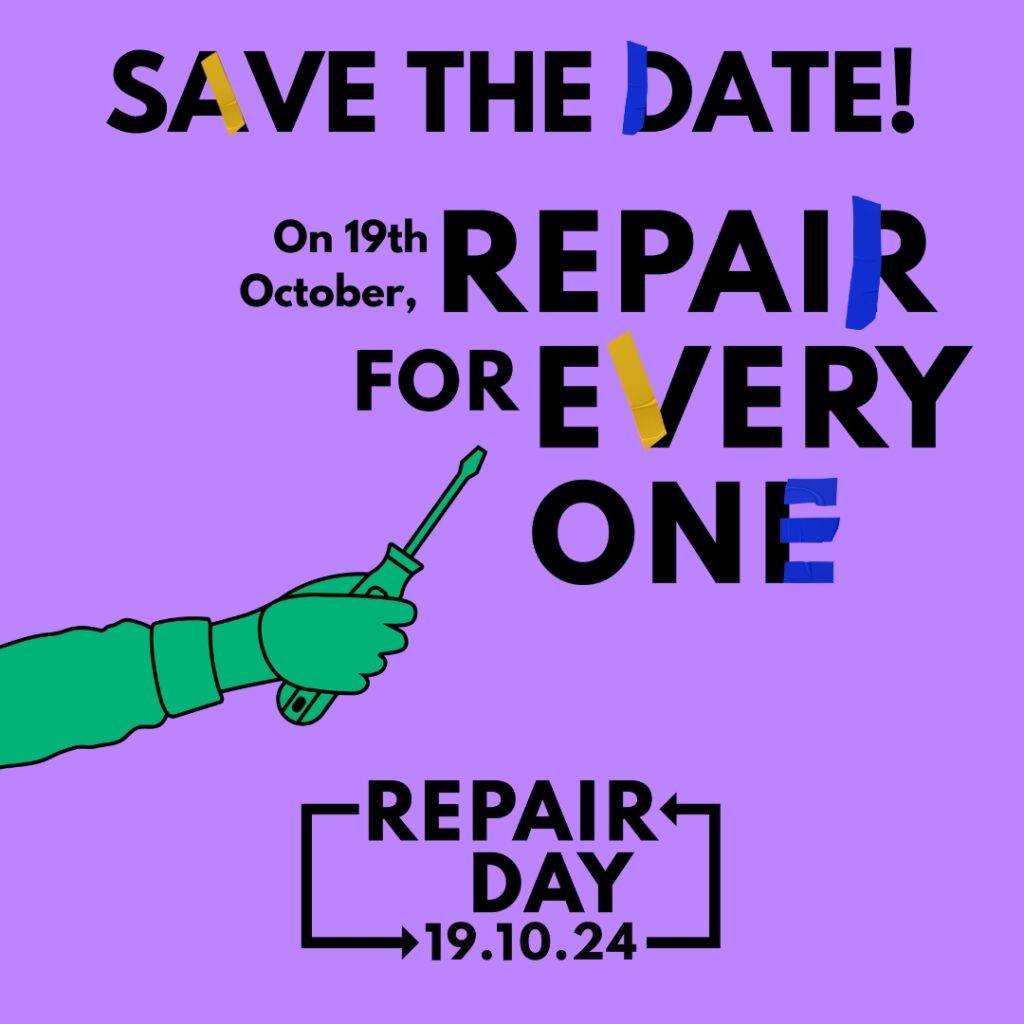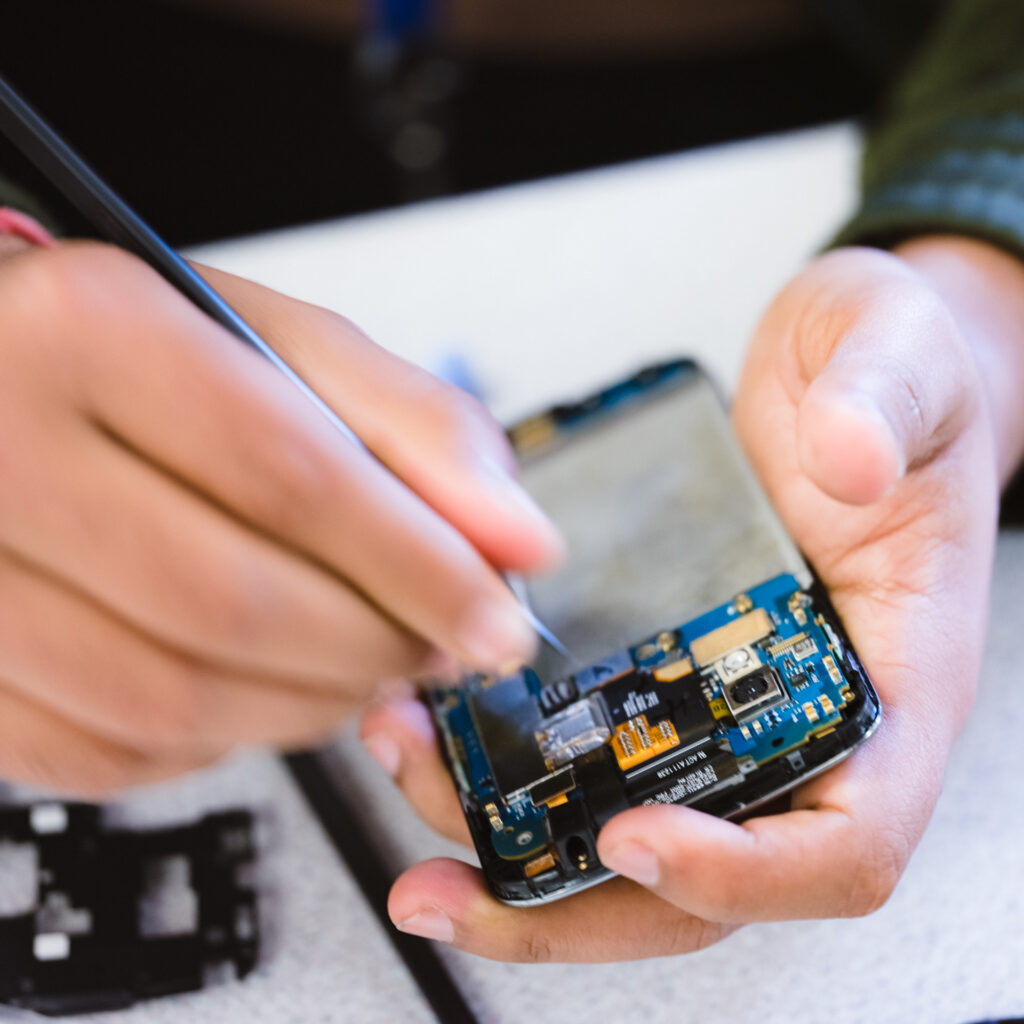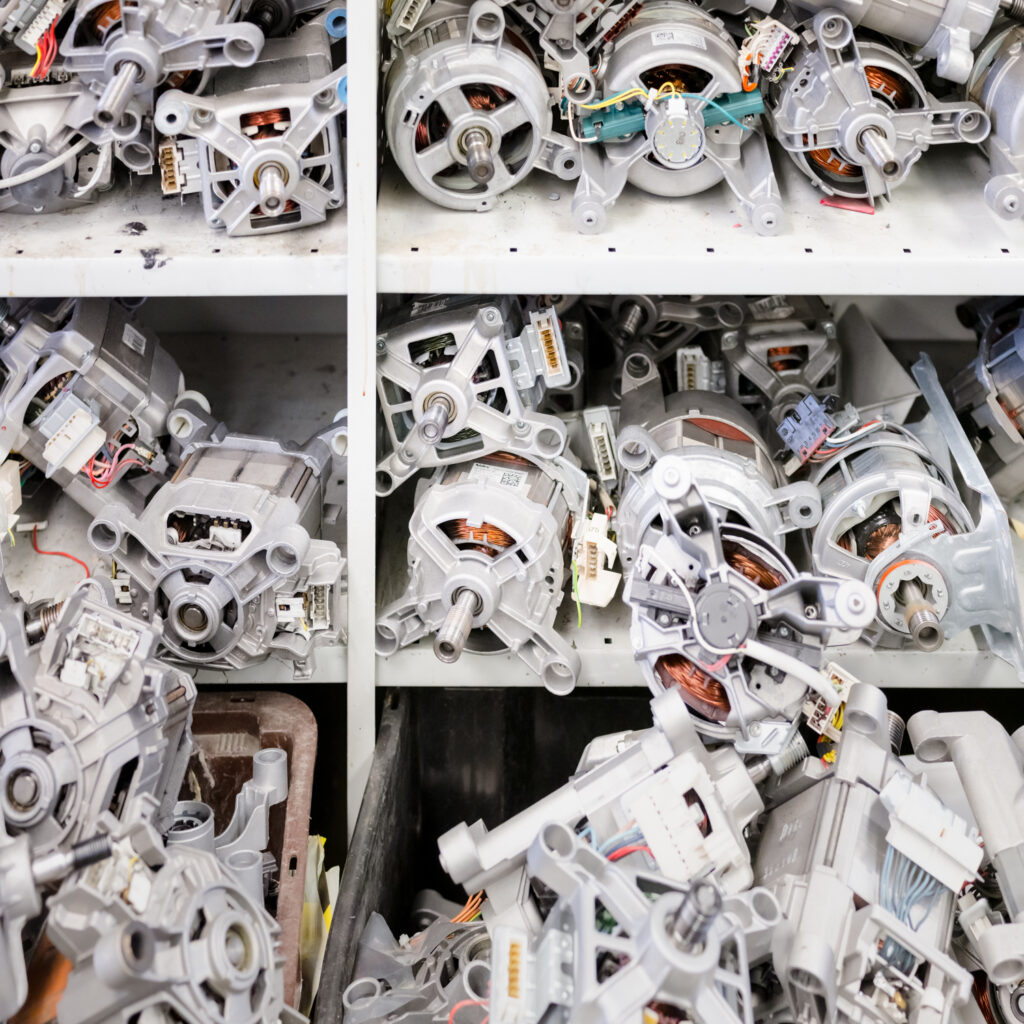unbroken.solutions Exhibition in London 14 – 27 October
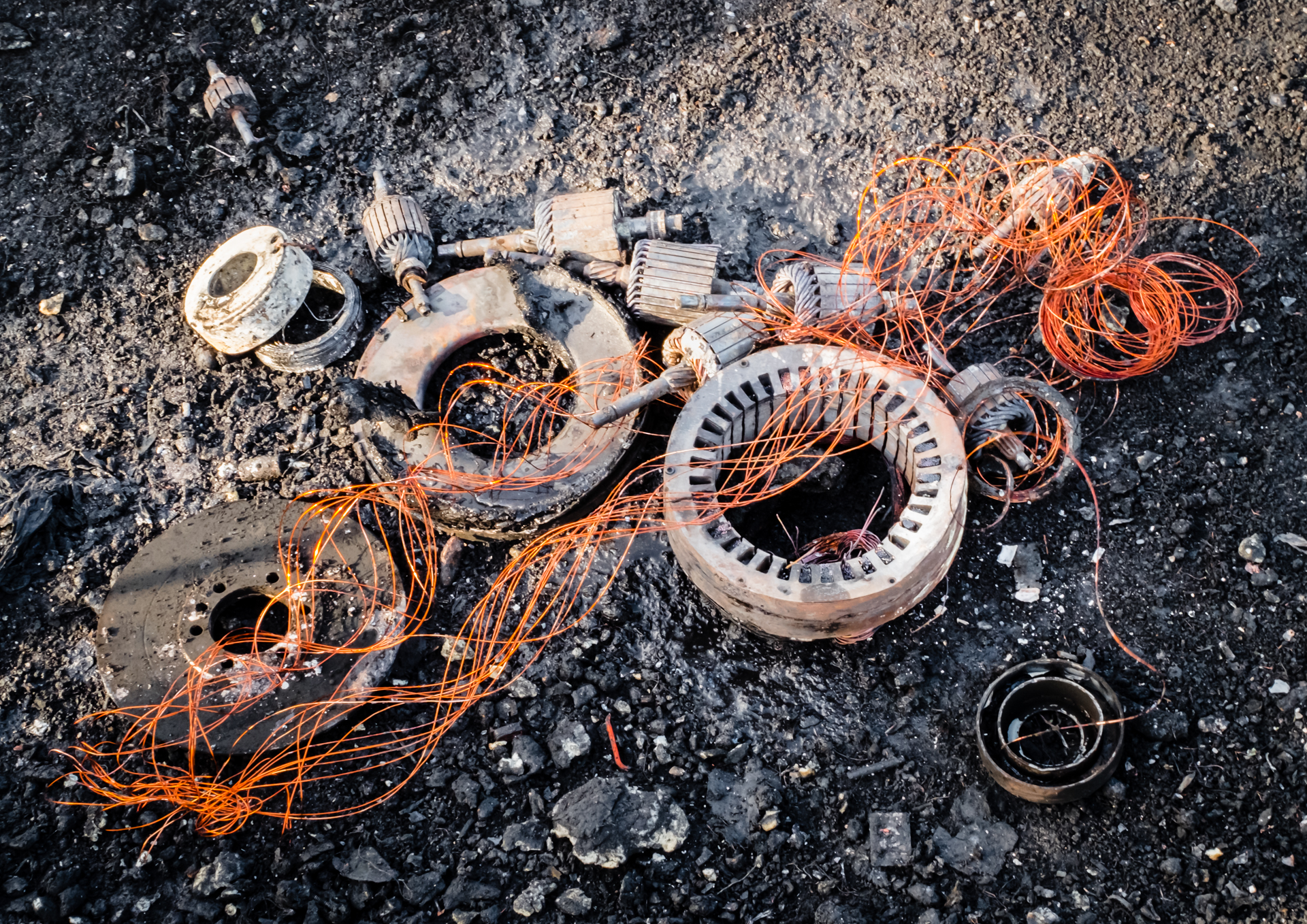
The next unbroken.solutions exhibition will take place in London at No. 1 Church Lane, Leytonstone, E11 1HG (Leytonstone tube) from 14 to 27 October.
Repair events will also take place in the exhibition space run by @Forest.Fixers (Restart Project) on 15 to 18 October.
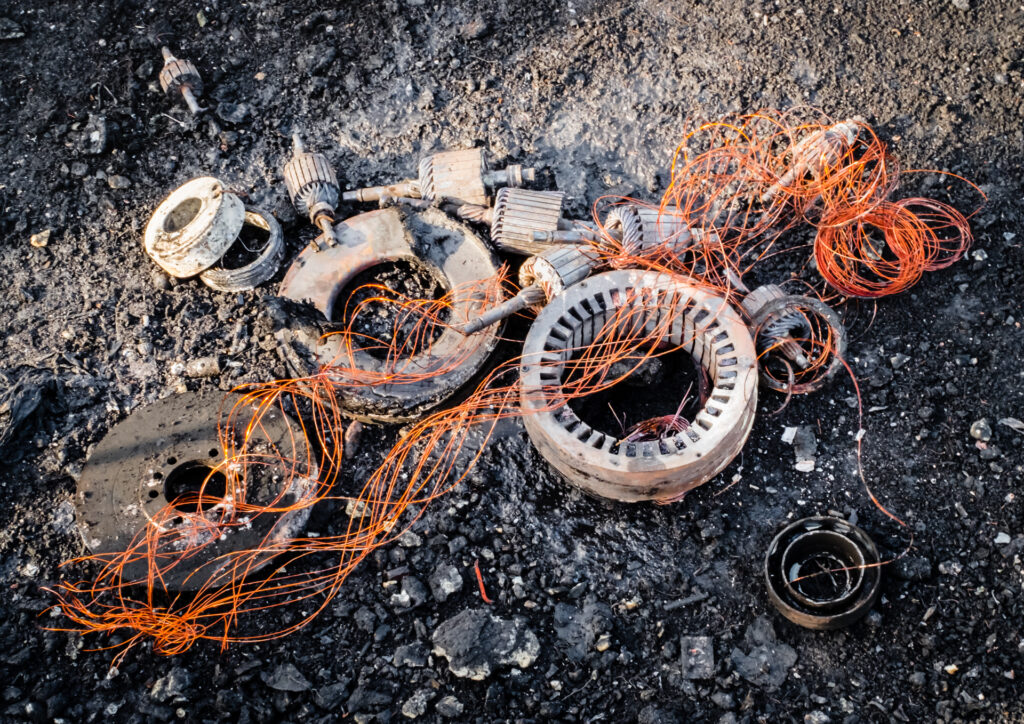
Exhibition dates and times: 14 October to 27 October (Mon-Fri 14:00-18:00 daily)
Entry: FREE
Repair events by: Forest Fixers @forest.fixers on 15 to 18th October 10:00-13:00
Supported by: WeFlock CIC https://www.goodshepherdstudios.com
In support of Repair Day (19th October), the exhibition will highlight the importance of repair and reuse and the need for a better Right to Repair. For more information and events taking place on international Repair Day (19th October) see https://openrepair.org
There will also be copies of the unbroken.solutions photobook to view and copies of the ‘act now‘ zine.
